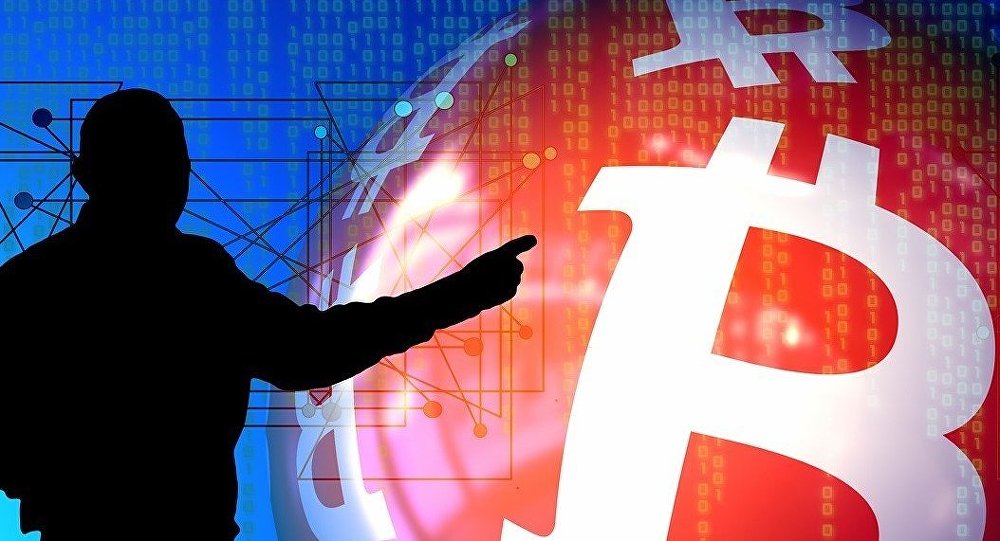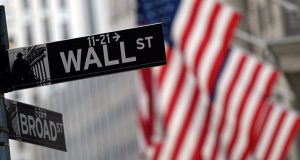On August 9, 2007 France’s BNP Paribas bank, froze three of its US funds investing in high-risk mortgage loans, the same kind that arguably led to one of the biggest financial crises since the Great Depression. A decade on, Sputnik asked Paris School of Business teacher Josse Roussel about the chances of such a meltdown happening again.
Josse Roussel pointed to inflated bond prices in Europe and the US as a possible cause of a new crisis.
“The growing debt bubble will entail a string of speculative bubbles, which could burst within the next few months,” Roussel warned.
“Ten years after [the 2007 crisis] we see all the signs of a new financial meltdown because the current level of indebtedness is higher than what we had in 2008,” he added.
He mentioned the banks’ expansionist financial policy as a major factor adding to the growth of global debt, which in turn, leads to the emergence of speculative bubbles.
“The banks play this game and profit from it because they are part of this system,” Roussel told reporters.
When asked about the chances of a financial recovery, he said that it was unlikely now that the banks, including in the US, have become even bigger than they were in 2008.
“The ‘too big to fail’ factor has become prevalent and the banks now pose an additional risk because they are too big,” he said.
“First off, the banks need to downsize because some big banks know that if worst comes to the worst they will be bailed out by the central banks, which can’t affordm letting a major bank founder – with unpredictable consequences for the markets.”
In an interview with Sputnik, financial analyst Philippe Bechade agreed, saying that global debt rates have gone up since 2008 after the central banks pumped money into the banking sector, allowing the banks themselves to ”keep speculating, just like they did before the crisis.”
”The loan bubbles have appeared in the car industry, and substandard loans are picking up. Education loans are adifferent matter, but in the US the state is a taxpayer and if a problem happens itr will have to pay up,” Bechade emphasized.
”We hit the snooze button again and made the situation worse by printing more money,” he added.
Speculative Bubbles as the Main Threat
Philippe Bechade named financial derivatives, bonds, car loans and the Chinese debt as the main speculative bubbles existing today.
When asked whether the banks had learned from the mortgage crisis, he said that they didn’t because they keep giving out loans.
“If they tell you that you need to do more no matter what and if you are lending money to unreliable borrowers, then your balance is bound to suffer,” he added.
The financial crisis of 2007–2008, also known as the global financial crisis and the 2008 financial crisis, is considered by many economists to have been the worst financial meltdown since the Great Depression of the 1930s.
It began in 2007 with a crisis in the subprime mortgage market in the US, and developed into a full-blown international banking crisis with the collapse of the investment bank Lehman Brothers in September 2008.
Excessive risk-taking by banks such as Lehman Brothers helped to magnify the financial impact globally.




